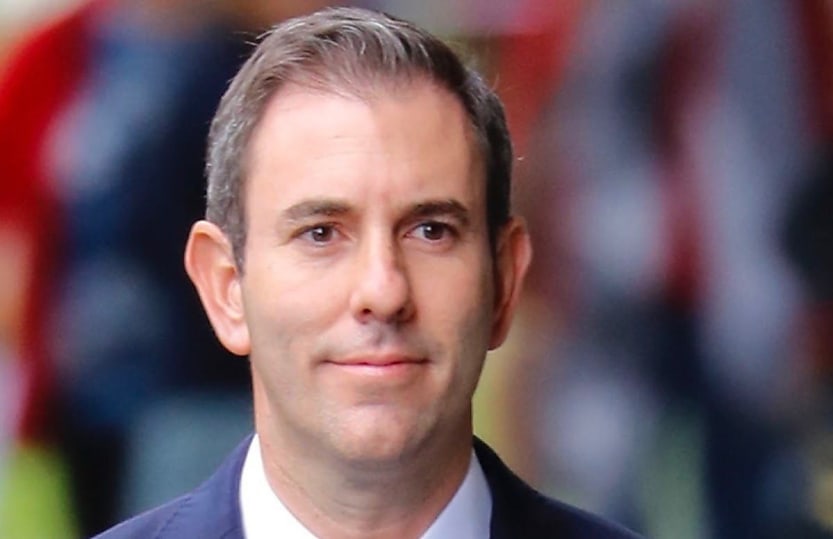Government considers scrapping controversial aspects of Div 296 super tax

Internal conversations have reportedly revealed that the government is contemplating changes to its controversial superannuation tax proposal.
In recent weeks, the Albanese government has reportedly been contemplating changes to its Div 296 super tax proposal, which would impose an additional 15 per cent tax on earnings of superannuation balances above $3 million.
On Friday (5 September), The Australian Financial Review reported that anonymous sources revealed Labor had discussed amending the tax bill’s most controversial aspects, including the lack of indexation of the $3 million threshold and the tax’s application to unrealised gains.
The government reportedly intended to proceed with the tax in some form, possibly as a part of a broader tax reform package. Motivation to modify the bill stemmed from sensitivities regarding the message it would send to voters, in terms of aspiration.
Following the Financial Review report, Nationals senator Bridget McKenzie said that the policy pause spelt a ‘humiliating defeat’ for Treasurer Jim Chalmers.
“The Prime Minister has once again sat on the treasurer’s ambition to be a reformer,” she told Sky News on Friday.
“Treasurer Chalmers wants to deal with the structural issues in our economy, and the prime minister is more interested in holding on to power than dealing with the very real issues.”
Previously, Chalmers has argued that super tax concessions had to be curbed to create a more equitable tax system.
“The [super tax] concessions here are still very generous. You know, we're not eliminating tax concessions for people with big balances, we're still providing very substantial tax breaks, just slightly less substantial,” he said.
“When it comes to tax reform, a lot of people say they're in favor of tax reform in the abstract, but they very rarely, if ever, support it in the specific. And I think there's an element of that playing out here as well.”
Tax experts and economists have warned that Australia’s tax system has become overly reliant on wage income tax, leading to growing burdens on working Australians.
In May, Grattan Institute economists Brendan Coates and Joey Moloney argued that super tax breaks were contributing to intergenerational inequality.
“The tax breaks aren’t just inequitable; they are economically unsound. Generous tax breaks for super savers mean other taxes (such as income and company taxes) must be higher to make up the forgone revenue. That means the burden falls disproportionately on younger taxpayers,” the economists said.
While many have welcomed the prospect of substantive tax reform to curb inequality, the government’s super tax proposal has generated substantial controversy. Aspects including the lack of indexation of the $3 million threshold and the taxation of unreleased gains have garnered fierce industry backlash.
In May, modelling by AMP deputy chief economist Diana Mousina found that, in the absence of indexation, today’s average 22-year-old worker could accumulate over $3 million in super by the time they hit 64 due to wage inflation and compound interest.
The Treasurer argued there would be nothing stopping a future government from increasing the cap, similarly to how income tax brackets are periodically reviewed to account for bracket creep.
Geoff Wilson, chairman of Wilson Asset Management, added that taxing unrealised capital gains would pull money out of the super system.
“Our own detailed study showed that $155 billion would come out of super and go into the housing market,” Wilson told SMSF Adviser, Accounting Times’ sister brand.
“The only reason most people object to this legislation is because of the taxing of unrealised capital gains, not because of the rise from 15 per cent to 30 per cent tax over $3 million. It’s about the taxing of profit that you may never make.”
In order to pass the super tax bill, Labor would need to secure the support of the Greens. As of Thursday (4 September), negotiations between the parties concerning the bill had not yet started, the Financial Review reported.
If enacted, the proposed Div 296 tax would begin from July 1 2025, and would be expected to raise $2.3 billion in its first full year of operation.
About the author

